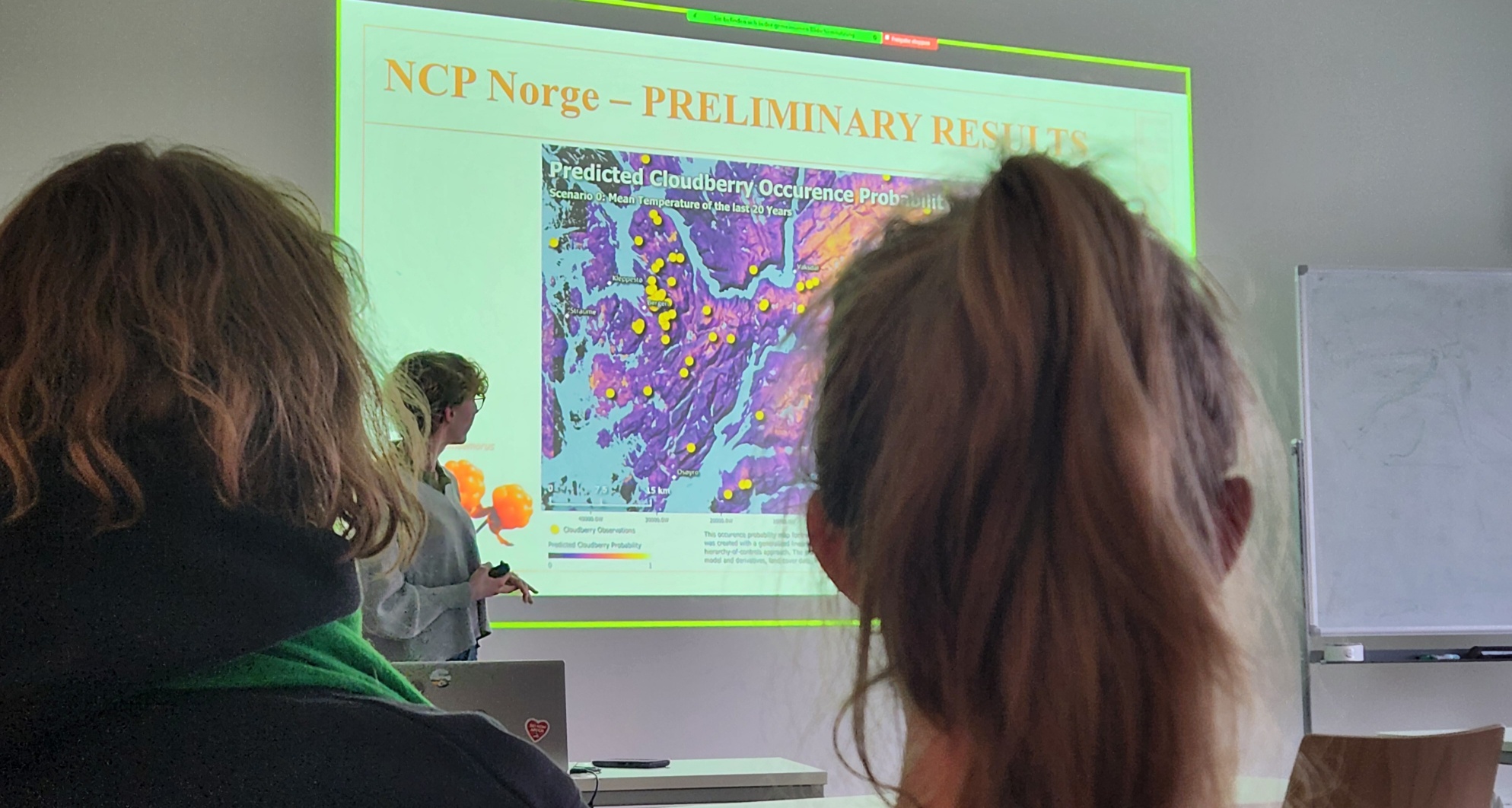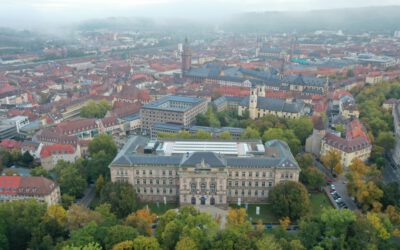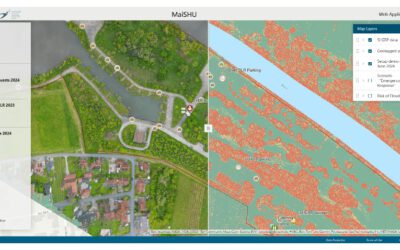On January 28, 2025, Sonja Maas delivered an insightful presentation on her internship project titled “Mapping Ecosystem Services in Norway.” Hosted by the University of Bergen, this internship focused on the critical role that nature plays in supporting human well-being through various ecosystem services.
Understanding Ecosystem Services and Nature’s Contributions to People (NCPs)
The concept of ecosystem services refers to the essential benefits that nature provides to humanity, such as food and materials, climate regulation, and cultural benefits. These services are crucial for both the environment and society. In her presentation, Sonja Maas discussed how the primary goal of her internship was to identify, quantify, and model these services—referred to as nature’s contributions to people (NCPs).
Her work was part of the “NCP Norge” project, which aims to create a comprehensive predictive model for all of Norway. The model will assess the impacts of changes in climate, land use, biodiversity, and ecosystem management on NCPs, ultimately informing how these factors affect Norwegian society.
Core Tasks: Data Preparation and Model Development
Sonja’s internship work primarily involved preparing core datasets, which are essential for building a robust model. She also developed a workflow using R, GEE and Python to guide the selection of a semi-mechanistic model tailored to the NCPs being studied. This approach allows for more accurate simulations and predictions of how various environmental changes might influence ecosystem service supply in Norway.
Furthermore, Sonja collaborated on the “BEF-Up II” project, which focuses on scaling up ecosystem service assessments for the German Biodiversity Exploratories. Here, she assisted with parameter selection and data preparation, contributing to the larger research effort of understanding ecosystem service supply across broader landscapes.
The Importance of This Research
The research conducted during this internship is crucial for understanding how ecosystem services are distributed across Norway and how they may be impacted by various human and environmental factors. By creating a semi-mechanistic model of NCPs, the project offers a tool for policymakers, land managers, and researchers to make more informed decisions regarding land use, conservation strategies, and sustainable development practices.
Conclusion
Sonja Maas’s internship at the University of Bergen provided a unique opportunity to contribute to the cutting-edge NCP Norge project, which will ultimately help shape Norway’s approach to managing and preserving its natural resources. By identifying and modeling ecosystem services, her work helps to bridge the gap between science and policy, ensuring that the importance of nature’s contributions to society is acknowledged and understood.
This internship is a great example of how data-driven research can help guide conservation and land management efforts, ultimately contributing to a more sustainable future for both Norway and the world.
you may also like:
Monitoring Urban Heat with Multi-Sensor Earth Observation: The SMART-TWIN Project
Urban areas are increasingly exposed to heat stress, making climate-sensitive planning more important than ever. As part of this effort, our team has recently started a new project focused on urban heat monitoring using multi-sensor Earth Observation approaches. The...
Supporting Crisis Mapping from Above: Our Contribution to ZKI Activation Tests
As part of the exploration of UAS in crisis activation activities coordinated by the DLR Center for Satellite Based Crisis Information (ZKI), the EORC UAS research team contributed high-resolution airborne data to support the generation of geospatial products. Our...
EORC at the Savanna Science Network Meeting in Skukuza
Researchers from the Earth Observation Research Cluster (EORC) at the University of Würzburg are pleased to take part in this year’s Savanna Science Network Meeting, held in Skukuza, Kruger National Park. Our EORC is represented by Dr. Mirjana Bevanda and PhD...
CHARM-EU workshop on earth observation
This week, the CHARM-EU teaching by the EORC staff continued. Over the past days, Florian Betz stayed at the University of Montpellier for a workshop with the water track master students of CHARM-EU. Topic of the workshop was the use of earth observation and...
Project EO4CAM Supports Municipal Adaptation to Heavy Rainfall Events
How can municipalities effectively reduce the impacts of increasingly frequent heavy rainfall events? This question brought together local and regional stakeholders on 24 February 2026 at Wartmannsroth town hall in the district of Bad Kissingen, Germany. Participants...
Guest talk at ENS Lyon
Our PI Florian Betz was invited to give a seminar talk about his research on remote sensing of river dynamics at the ENS Lyon in France. The seminar "Cafe Fluvial" is part of the doctoral training and research network "H2O Lyon" in which a number of research...









